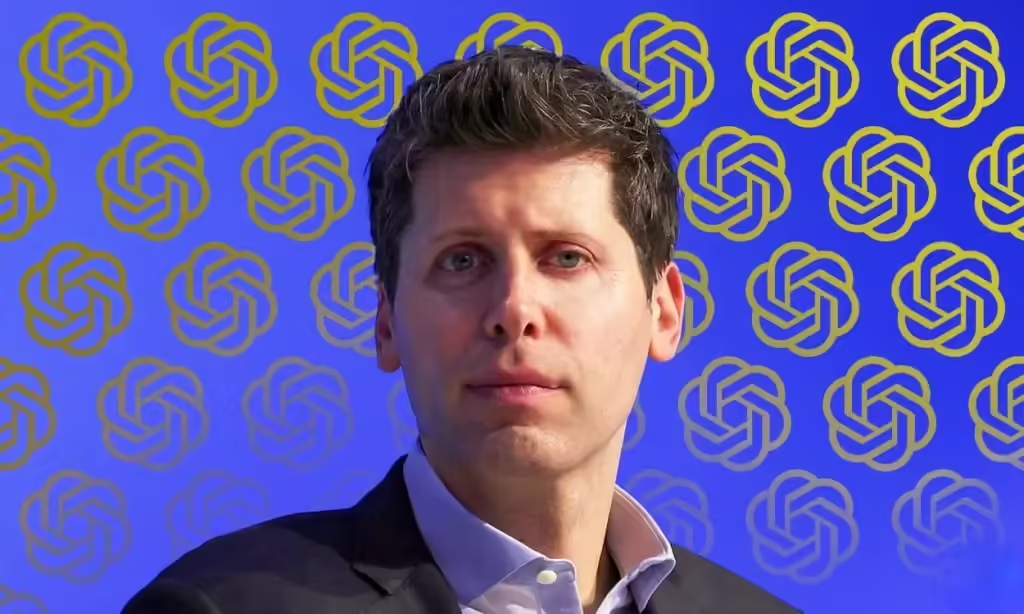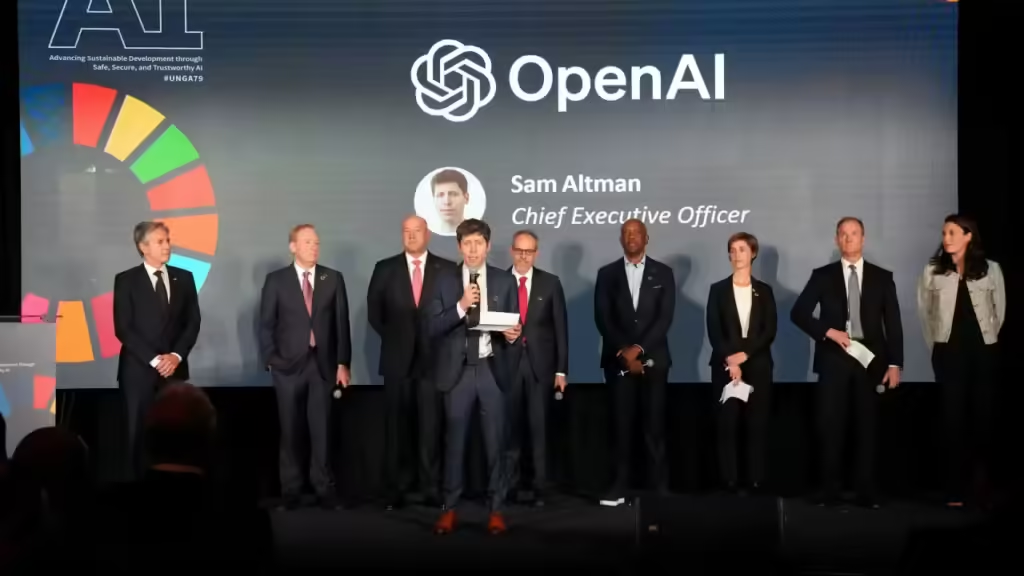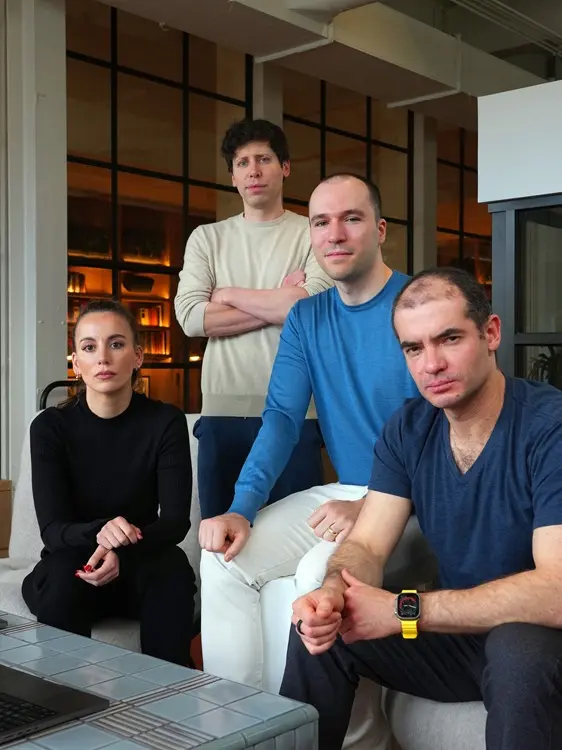
Despite OpenAI CEO Sam Altman securing multi-billion-dollar investments from major tech companies, internal challenges have resurfaced with a series of high-level departures. Last month, CTO Mira Murati resigned from the AI firm, accompanied by the exit of two prominent researchers, Bob McGrew and Barret Zoph.
Bob McGrew, OpenAI’s Chief Research Officer, and Barret Zoph, Vice President of Research, also left the company. Their departures came as Reuters reported that the maker of ChatGPT is considering dissolving its non-profit board and transitioning into a for-profit corporation.
In the past five months, OpenAI has witnessed a string of high-profile departures, including Ilya Sutskever, John Schulman, Jan Leike, and others. Notably, last year, Sam Altman was briefly ousted by the board, only to return five days later. Since then, tensions within the company have persisted.
A recent report by The Wall Street Journal reveals behind-the-scenes conflicts that contributed to the exit of around 20 researchers, top scientists, co-founders, and executives, further intensifying the internal turmoil at OpenAI.
OpenAI Deviates from Its Core Mission
The WSJ report cites multiple former and current OpenAI employees who claim that the organization has moved away from its research-focused roots. Under Altman’s leadership, the emphasis has shifted to rapidly delivering profit-generating products. Employees assert that OpenAI now operates more like a business than an AI research lab.
OpenAI has moved away from being a research-focused organization, convey former and current employees.
The report indicates that OpenAI is struggling to balance its identity as a research-focused lab with its expanding business operations. Former AI scientists at OpenAI have commented that “massive profits have corrupted OpenAI’s culture.”

The report also notes that researchers were allocated just nine days to conduct safety evaluations on the GPT-4o model. They worked around the clock, putting in 20-hour days to complete the testing, leaving them no time to thoroughly verify the results. Altman aimed to launch the GPT-4o model before the Google I/O 2024 event in an effort to outshine the search giant.
OpenAI deemed the GPT-4o model safe for deployment, releasing it just a day before Google I/O. However, subsequent investigations revealed that GPT-4o exceeded OpenAI’s own standards for persuasion. Researchers began addressing the issues after the model’s release, yet OpenAI continues to assert that GPT-4o is safe to use.
Amid these developments, Mira Murati, the then CTO of OpenAI, reportedly delayed the release of several products, including SearchGPT and ChatGPT Advanced Voice mode, stating that they were not ready for launch.
Sutskever Never Returned to OpenAI’s Office
Ilya Sutskever was the mastermind behind the coup that led to Sam Altman’s firing last year. Geoffrey Hinton, Sutskever’s recent Nobel Prize winner and doctoral advisor, commented, “I’m particularly proud that one of my students fired Sam Altman.”
After Altman reassumed leadership, Sutskever did not return to OpenAI’s office. According to the WSJ report, Altman and Brockman made efforts to persuade Sutskever to come back, delivering cards and letters from researchers and engineers urging him to return.

At one point, Sutskever indicated that he might return, but Greg Brockman later informed him that OpenAI was retracting the offer. Ilya Sutskever formally resigned from OpenAI in May 2024 and launched his own venture, Safe Superintelligence Inc., in June.
Disheartened by OpenAI’s inability to reinstate Sutskever, co-founder John Schulman left the company to join the rival AI lab, Anthropic. Schulman expressed frustration over internal conflicts at OpenAI and the organization’s drift from its original mission.
Sam Altman Under Spotlight
Under Sam Altman’s leadership, OpenAI recently secured $6.6 billion in the largest funding round in history, elevating the company’s valuation to an impressive $157 billion. The investment was predominantly supported by Microsoft, Nvidia, Thrive Capital, and other venture capitalists, while Apple withdrew from the funding round at the last minute.
The Financial Times reported that during the funding round, OpenAI requested investors refrain from funding rival AI startups, including Anthropic, Elon Musk’s xAI, Perplexity, and Sutskever’s SSI. This suggests that Altman is making significant efforts to stifle competition.
In contrast, OpenAI’s Charter states, “If a value-aligned, safety-conscious project approaches building AGI before we do, we commit to stop competing with and start assisting that project.”
While Altman is actively working to block competition and rapidly deliver products to attract billions in investment, the company’s founding members, researchers, and top scientists are departing.
It will be interesting to see how long OpenAI can sustain its technical leadership in the AI industry in the coming months. For now, it is clear that by shifting its focus from research to product development, OpenAI has deviated from its original mission.



